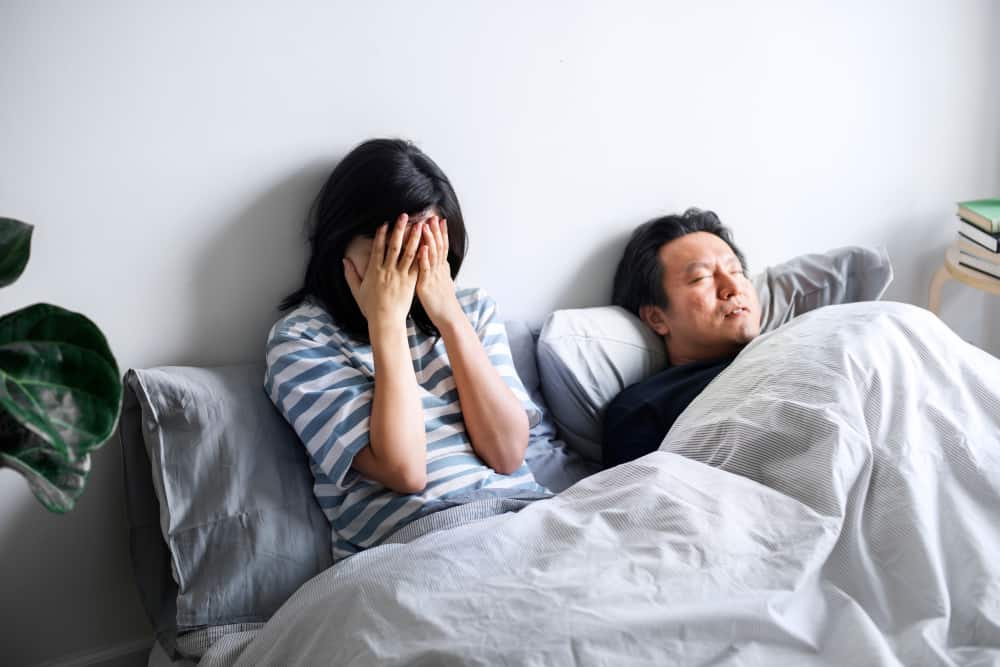Contents:
Medical Video: Typhus
1. Definition
What is typhoid fever (typhus)?
Typhoid fever is a disease that is quite dangerous and is caused by the bacterium Salmonella Typhi which we can get through contaminated food or drink. Indonesian people often call it typhus or typhus or typhoid, although in medical terms itself typhus is another disease caused by bacteria carried by rodents such as mice.
What are the signs and symptoms?
People who experience typhoid fever usually experience a sustained fever with a temperature of 39 ° to 40 ° C. Some patients may also feel weak, or feel abdominal pain, headaches, or loss of appetite. In some cases, pink rashes and spots appear on the skin. The only way to know for sure whether a patient's illness is typhoid fever or not, they must be examined for stool or blood samples.
2. How to handle it
What should I do?
If you have a high fever and feel your body is very sick, immediately visit your doctor so he can check your condition. Typhoid fever treated with antibiotics can be treated. Recently, Salmonella resistance to some antibiotics has begun to increase. This resistance makes the treatment process of infection more complicated. Antibiotic susceptibility testing can help guide you in choosing the right healing method. Antibiotic treatment options include fluoroquinolones (for susceptible infections), ceftriaxone, and azithromycin. Patients who do not get treatment can continue to have a fever for several weeks or even months, and some 20% may die from complications due to infection.
When do I have to see a doctor?
If you experience a high fever and feel unwell, see your doctor immediately.
3. Prevention
If you want to prevent typhoid fever, especially if you are going to travel to a country where you are susceptible to contracting typhoid, you should consider getting a typhoid vaccine. Visit a doctor to discuss whether you need to get a vaccine before leaving.
Remember that you need to complete your vaccination for at least 1-2 weeks before you start the trip so that the vaccine can work well. Typhoid vaccine can lose effectiveness after several years. If you have been vaccinated before, check with your doctor to see if it is time to get the vaccine again. Taking antibiotics will not prevent typhoid fever; antibiotics
only helps treat.
People who may not get a typhoid vaccine or have to delay first are people who have the following criteria:
For typhoid vaccines that are inactive (injections):
- Cannot be given to children under 2 years
- Anyone who has experienced a severe reaction to typhoid vaccine may not get a typhoid vaccine again
- Anyone who has severe allergies to the components in this vaccine may not be vaccinated. Tell your doctor if you have a severe allergy.
- Anyone who is mildly ill or seriously ill at the time of the vaccine administration schedule usually has to wait until he is cured before getting the vaccine.
Live typhoid vaccine (taken by mouth):
- Cannot be given to children under 6 years
- Anyone who has experienced a severe reaction to typhoid vaccine may not get a typhoid vaccine again
- Anyone who has severe allergies to the components in this vaccine may not be vaccinated. Tell your doctor if you have a severe allergy.
- Anyone who is mildly ill or seriously ill at the time of the vaccine administration schedule usually has to wait until he is cured before getting the vaccine.
- Anyone with a weakened immune system does not need to get a typhoid vaccine.
They have to get typhoid injections instead. This applies to anyone who:
- Having HIV / AIDS or other diseases that affect the immune system
- That is being treated with drugs that affect the immune system, such as steroids, for 2 weeks or more
- Have a type of cancer
- Use cancer treatment with radiation or administration of drugs
- Typhoid vaccine taken should not be given until at least 3 days after administration of antibiotics
Ask your doctor or nurse for more information.











